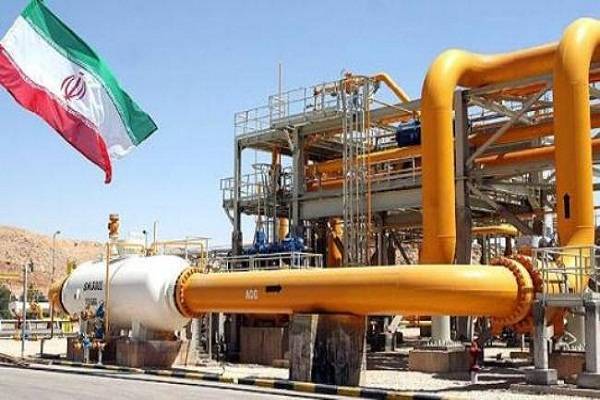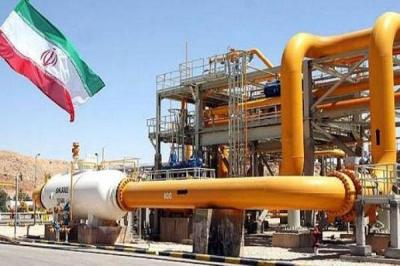A statement from the Iraqi Ministry of Foreign Affairs revealed that the Iranian Foreign Minister informed his Iraqi counterpart yesterday, Friday, that the reduction in gas exports to Iraq is due to a technical issue. He added that Tehran has not made a decision regarding any cuts while both countries are trying to settle Baghdad's massive unpaid bills.
The statement noted that Iraqi Foreign Minister Fouad Hussein asked Iranian Foreign Minister Hossein Amir-Abdollahian during a phone call about the reduction in Iran's exports last week. Hussein stated that "it has led to a decrease in electricity production and has impacted daily life."
The statement also indicated that the Iranian Foreign Minister thanked Iraq for its efforts in resolving the financial transfer issue with Washington, noting that transfers were made from the Iranian account at the state-owned Commercial Bank of Iraq to a Saudi bank, to secure funding for Iranian pilgrims traveling to Saudi Arabia for the 2023 Hajj season.
Iraqi state media reported on Tuesday that an Iraqi delegation led by the Minister of Electricity will visit Iran next week to discuss the matter, pointing out that gas imports have decreased by 20 million cubic meters at that time.
Ahmed Moussa, a spokesman for the Iraqi Ministry of Electricity, stated that Iraq typically imports between 50 to 70 million cubic meters of gas.
Iraq imports electricity and gas from Iran, which amounts to between one-third to 40 percent of its energy supplies, especially during the scorching summer months when temperatures can reach 50 degrees Celsius and energy consumption peaks.
However, Iraq faces challenges in repaying the costs of these imports, owing Iran about 11 billion dollars in outstanding debts, according to Iraqi officials. Iraq struggles to repay these debts due to U.S. sanctions on Iran that limit dollar transactions.
While Iran previously reduced gas supplies amid a prolonged dispute over debt repayment, both countries have been seeking innovative ways to settle parts of these debts.
Iraq spends nearly four billion dollars annually on Iranian gas and energy imports while simultaneously flaring vast amounts of natural gas as a byproduct of its oil and gas sector.
Iraqi Prime Minister Mohammed Shia' Al-Sudani stated that collecting associated gas to supply the electricity sector is a priority. In April, Iraq signed a massive 27 billion dollar agreement with French energy giant TotalEnergies, which includes plans to collect and invest in associated gas.




